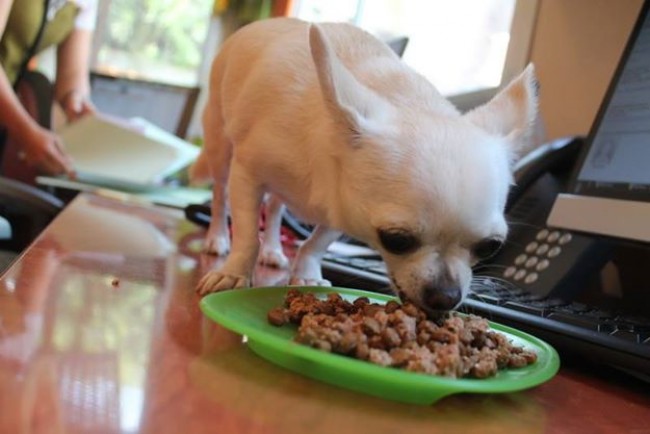and Dubai International Airport
and Dubai International Airport

On those occasions when your vet prescribes a prescription or veterinary diet for your precious poochie or cuddly kitty, you may wonder if this highly formulated, official sounding food will actually have an impact on her particular ailment. If she’s suffering from itchy skin or digestive issues, or possibly more serious health problems such as kidney disease, changing her food just may improve her condition. But you should know that in order to determine if the prescription diet is actually working as it should, you’ll need to follow up with your vet as directed; otherwise, you’ll never really know, now will you?
Below are some common conditions found in pets for which special pet diets might be prescribed:
Renal diets: Renal diets are for critters with chronic kidney disease and have nothing to do with the bladder or stones or the pH of the urine. Renal diets have carefully regulated amounts of easily metabolised, high-quality protein, which put less of a strain on the kidneys as it is processed. It’s not bad to feed this diet to pets with kidney problems long-term and is one of the most important parts of treating chronic kidney disease. It’s also not bad if other “normal” pets eat this diet as long as they look healthy and maintain good bodyweight. However, pets under one year of age should NOT get this diet unless they themselves have kidney disease. And pets with chronic kidney disease should be seen by your vet at least twice a year (some even more frequently) because her kidney disease is not going to get better, obviating the need for this special food (if the diagnosis was correct in the first place). Ideally, this diet would be fed for the rest of her life.
Anallergic or Hypoallergenic Diets – These diets are used to both diagnose and treat allergic skin and gut diseases. It’s quite possible that skin allergies can be due to an allergic reaction to things in the environment (like pollen, mould, or plants… the list is long), to things in the diet (usually proteins, but can be wheat or other carbohydrates) OR a combination of the two. So, these diets sometimes help a lot, a little, or not at all. Many pet owners start the diet as a trial with the vet but don’t stop it (and don’t go back to the vet either - shame, shame) and continue to feed the food without actually confirming it is needed. It’s a perfectly safe diet, but sometimes people unnecessarily spend loads of money on it when it actually isn’t helping, as a pet’s allergy may not be diet-related at all! If your pet is on this type of diet for three months but the skin isn’t any better, a vet visit is advised as the diet may not be necessary nor helping, and another approach to the skin problem may be required.
Obesity and Restricted Calorie Diets: Once weight-loss has occurred, pets on these types of diet should then get fed a larger quantity of the food or switch to one of the lite diets.
As for puppies and kitties under one year, they should ideally be on puppy or kitten food as it aids correct growth and development. So, even though prescription diets may not harm them, they’re not what are best for them if they do not have the medical condition that warrants using it.
On a final note, to promote the best health in your feline friend and hopefully avoid certain conditions that can result from an all-dry food diet, an all-wet food diet is truly best. Have a read about the benefits here to a wet-food only diet here: https://www.dkc.ae/docs/Wet_Food_for_your_Cat_-_The_Better_Choice.pdf
Office Coordinators -cum- Receptionists
Animal Relocations Officers

